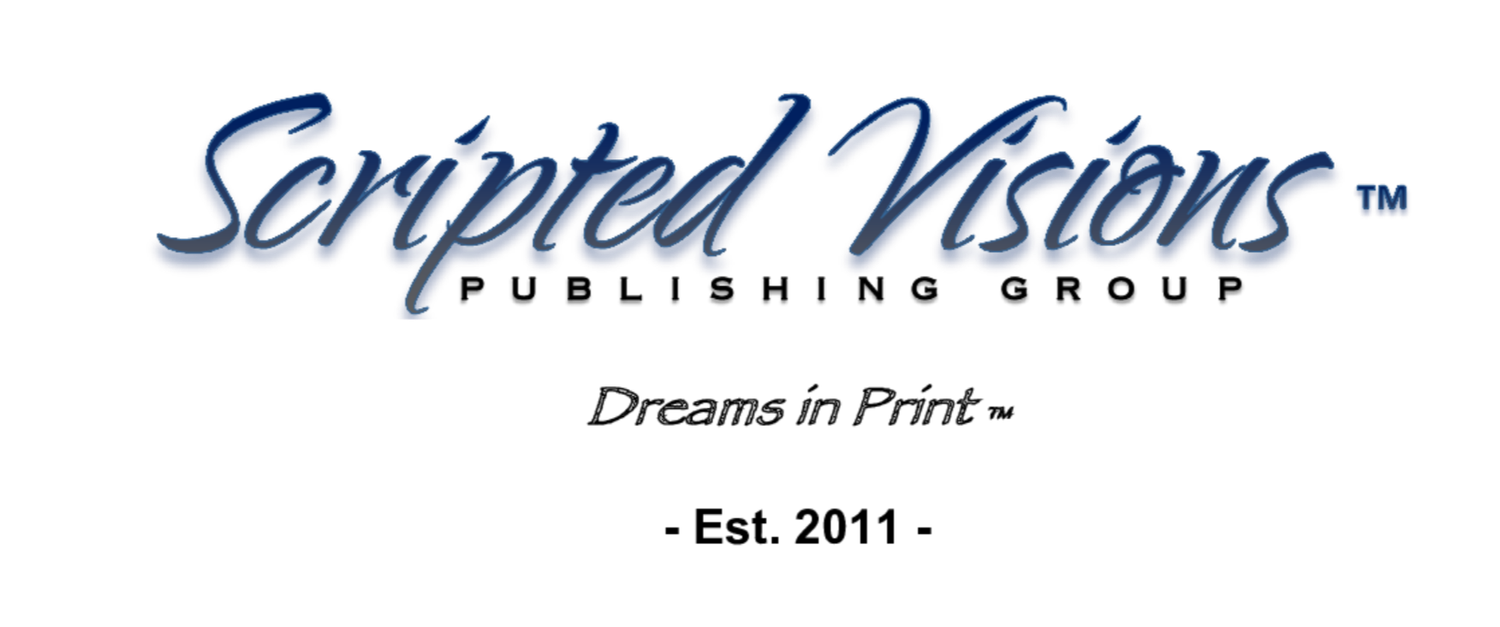World of Words #21: Do You Need to be a Great Reader to Become a Great Writer?
Do you need to be a great reader to become a great writer? My answer is YES, without a doubt! This is a very important subject, for all writers regardless of what where we may be in our writing journey. We should all (and I do mean all of us) be voracious readers. A key element of being a good writer is being a great reader. How else can you get better if you don't constantly surround yourself with your craft? And not just your own writing, but the writing of your peers as well. There are so many different things that a writer can learn from being a great reader. Anything from a simple plot idea to a new writing technique. There is no shame in learning from your peers. The best basketball players often admit to studying each other’s moves and adding bits and pieces of those moves to their own games. And why not? It just makes sense to learn something valuable and make it your own by adding it to your arsenal and putting your own spin on it. It's one way of getting better. The same goes for writers.
Don’t get me wrong, I’m not encouraging plagiarism. Not at all. But, I am encouraging open-minded learning. What I am saying is that there is great benefit in reading, not only for entertainment, but to learn and hone our craft. For example, I have learned to incorporate some of Walter Mosley’s ability to transport his reader back in time to a place that existed decades ago as well as his ability to create real-life, familiar characters. I have an appreciation for James Patterson’s fast-paced, explosive style, Dean Koontz’s gripping detail, Stephen King’s ability to write a haunting story that keeps you on edge, George Pelicanos’ grittiness and mastery of setting, Rachel Howzell Hall's bold style and character development, Joe Ide's and Eric Jerome Dickey’s fresh and hip characters and their dialogue. I could list many more incredible writers, but this is a partial list of my current favorites.
Do I try to imitate these writers? No, I don’t and I am not recommending that you try to imitate any writer. I have my own voice and writing style as you should have your own. However, I sure love to read their work and as I read their books, I can’t help but to pick up tidbits that help me in my writing. If you aren’t familiar with these writers, they are all writers in the fiction genre: mystery, crime, thriller, and even horror with a little sci-fi thrown in occasionally, for good measure. I don’t write in horror or sci-if (yet), but I do write crime/ thriller/ mystery fiction.
Why does any of this matter? Well the saying "Write what you read" is especially useful for beginning writers because it can be very daunting for a new writer to start writing in a genre with which they aren't familiar. If you all of your past reading has centered around crime-fiction, wouldn't it make sense to start off writing in that genre? How can you write romance if you have never read romance and you have no idea what makes a good romance novel? I guess you can, it's not impossible, but I imagine it would be difficult. There is nothing wrong with a challenge, but I would prefer to see a fledging writer start off with as few challenges or obstacles as possible. Writing, especially novel writing, can be challenging enough. So why not start in a genre in which you are already familiar and comfortable? It’s not about taking the easy road or the easy way out. It’s about setting yourself up for success, especially when you are still finding your writer’s voice.
Additionally, "Read what you write" is a saying that benefits any writer at any level, new or seasoned. I'm not saying that we should only read the genre(s) in which we write. I don't. I read many multiple genres. However, I definitely think we should, at a minimum, read the genres we write in as a means of staying current on the stories our contemporaries are telling and the techniques they are using, as well as the current trends in that genre.
I encourage us all to read, not just for entertainment or relaxation or fun, but also as a tool to help improve your own writing. At the end of the day, there is no wrong answer when it comes to reading so long as we are doing it. Read, read, read. And then, of course, write, write, write! Being great readers could help us become great writers!
Until the next time. WRITE ON!
